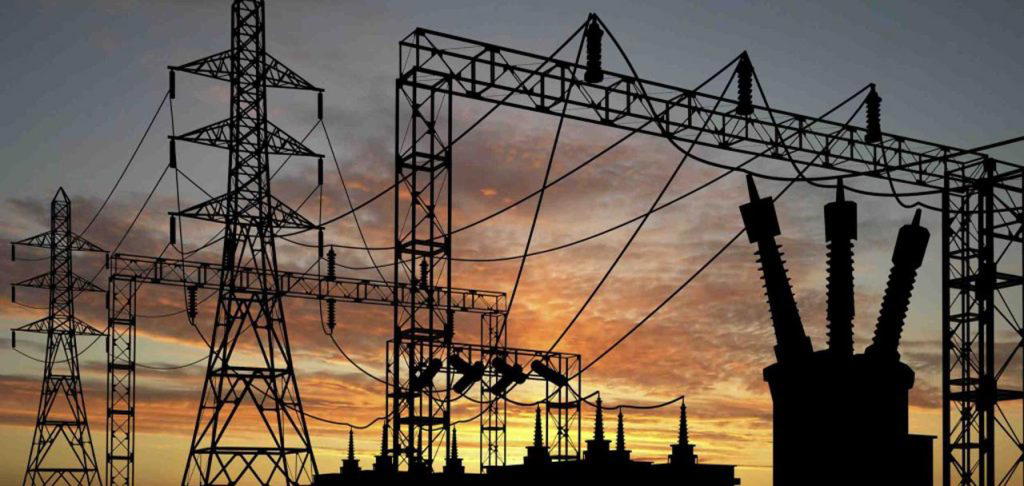By Udeme Akpan, The President, Lagos Chamber of Commerce and Industry, LCCI, Mr. Gabriel Idahosa, has identified inadequate infrastructure, transmission lines, weak distribution networks, and insufficient investment in off-grid systems as major problems affecting power supply in Nigeria. Speaking at the Lagos Chamber of Commerce and Industry Power Conference in Lagos, yesterday, Idahosa stated: “The reality […]
The post Why power supply is still inadequate —LCCI, experts appeared first o Vanguard News.

By Udeme Akpan,
The President, Lagos Chamber of Commerce and Industry, LCCI, Mr. Gabriel Idahosa, has identified inadequate infrastructure, transmission lines, weak distribution networks, and insufficient investment in off-grid systems as major problems affecting power supply in Nigeria.
Speaking at the Lagos Chamber of Commerce and Industry Power Conference in Lagos, yesterday, Idahosa stated: “The reality before us is clear: while decentralization introduces new opportunities for innovation, competition, and efficiency, it also exposes long-standing weaknesses in our infrastructure, from generation bottlenecks and limited gas supply to inadequate transmission lines, weak distribution networks, and insufficient investment in off-grid systems.
“These gaps raise critical questions: How do we align new regulatory structures with investor confidence? How do we balance cost-reflective tariffs with affordability? How do we embed renewable energy, deploy technology for smarter systems, strengthen data management, and ensure harmonized regulation across federal and state levels?’’
Also listing the challenges, the Lagos State Commissioner for Energy and Mineral Resources, Mr. Biodun Ogunleye, said: “First is infrastructure optimization. Our distribution and transmission networks require significant investment, refurbishment, and smarter management. We cannot deliver reliability on infrastructure designed for a smaller population, a different economy, and a very different time. Lagos’ grid infrastructure must evolve and we are working with private partners to make it happen.
“Second is commercial sustainability. Decentralising the sector introduces new players, new rules, and new responsibilities. States must build regulatory frameworks that protect consumers, inspire investor confidence, and ensure cost-reflective tariffs that do not discourage industrial activity. Lagos has taken the lead with transparent regulation, structured licensing, and a coherent pathway for embedded generation.
“Third is coordination across the value chain. The Nigerian power sector must stop operating in silos. Distribution cannot succeed without improved transmission; generation cannot scale without bankable off-take agreements; and regulation cannot be effective without data transparency and collaborative engagement. This is why partnerships with the private sector, federal stakeholders, and technical agencies remain central to our strategy.”
On his part, Mr. Olufemi Bakare, President, LCCI Power Sector Group, said: “Nigeria stands at a critical juncture in its pursuit of sustainable energy solutions. The power sector has witnessed significant reforms, and decentralization efforts are underway to increase efficiency and private sector participation. However, these initiatives are not without challenges. Infrastructure optimization remains a pressing concern, and we must collectively address the obstacles that hinder progress.”
The post Why power supply is still inadequate —LCCI, experts appeared first o Vanguard News.